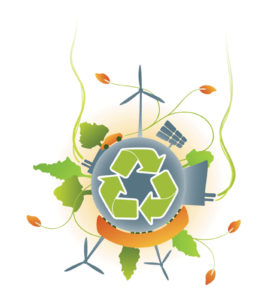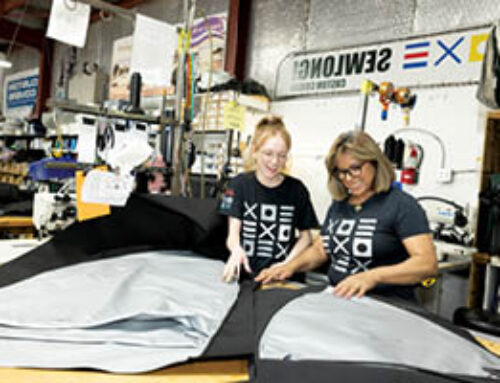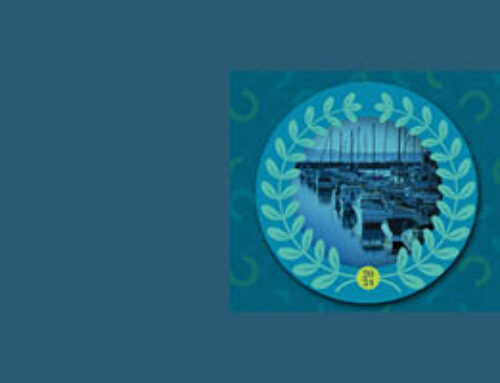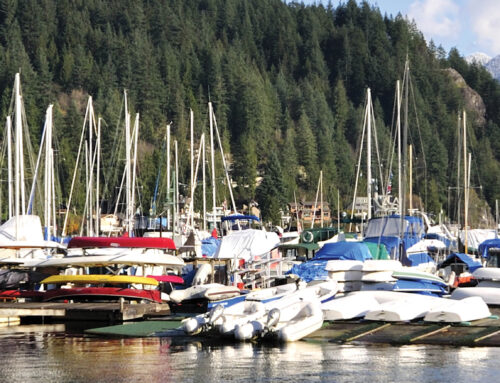IFAI chairman discusses the challenges of sustainability
Eco-friendliness is one of the biggest trends in any market. Whether or not you’ve jumped on the green bandwagon, doing so will most likely be inevitable and could help your business.
 Scott Campbell, chairman of the Industrial Fabrics Association International and owner of Rainier Industries in Tukwila, Wash., talks about green initiatives as they relate to the textile industry.
Scott Campbell, chairman of the Industrial Fabrics Association International and owner of Rainier Industries in Tukwila, Wash., talks about green initiatives as they relate to the textile industry.
In this economy, how can suppliers and manufacturers realistically embrace sustainable/green practices?
Defining “green” is challenging because there are no standards. But everyone can make strides—little steps add up quickly. Start with getting serious about reducing waste and increasing recycling efforts. As an industry, we have a challenge in that such a high percentage of our textile products are PVC-based. We need more companies reclaiming PVC from our vinyl products, as Ferrari is doing in partnership with the Texyloop recycling program. Texyloop is recycling both the PVC and polyester fibers, and at the same time it is utilizing solvents reclaimed in the process to help power their plant.
What drives sustainability issues; consumers, market demands, personal initiatives?
All three. We have customers not just encouraging this but demanding it. We feel market pressure, probably stronger here in the Pacific Northwest than in the rest of the country, and this is also something that is important to us at Rainier.
How can the global economy hamper initiatives companies would like to embrace?
I was in China last year and it was eye-opening to see the extent of pollution and the lack of regulation and compliance required. It is troubling, and certainly makes it more difficult for other countries to be competitive while having to meet higher standards.
Where will the industry be in two to five years?
The escalation of petroleum costs is driving a lot of progress right now, encouraging people to be more efficient and reduce their energy consumption. Heating and fuel costs are up and the residual effects of petroleum costs are going up because we have a lot of fabrics that are PVC-based. It is forcing us to look at ways to reduce our heating and travel costs, electrical costs, all of it. I believe a great deal of progress will be made in the next few years and I am delighted to see that progress gaining traction.
How is your company being more green in its business model and products?
We have a full-blown sustainability initiative; it is core to our business model, to who we are and what we believe in. We’re reducing wastes, increasing recycling, reducing energy consumption, utilizing more green materials, encouraging employee involvement both at work and at home, and minimizing hazardous wastes. We’ve made huge strides in reducing wastes. We reduced our garbage by 40 percent over the last six months. We are doing a lot and are very proud of the progress we’ve made.
What are the business benefits of going green, balanced with economic concerns?
At Rainier, sustainability marries two important themes: that environmental sensitivity does not preclude economic success, and that economic success must be ecologically viable now and in the long run.
 TEXTILES.ORG
TEXTILES.ORG 






